Synthesis
Context
The concept of Corporate Social Responsibility (CSR) has not worked in economic reality, as Milton Friedman predicted more than 50 years ago. Now, parts of the business community, policy makers and NGOs are pinning great hopes on the implementation of a stakeholder capitalism model supported by ESG (Environmental, Social, Governance) criteria. This is accompanied by a massive criticism of the shareholder capitalism model. However, a careful reading of the famous 1970 text titled “The Friedman Doctrine – Corporate Social Responsibility is to Increase Profits” and an analysis of business practice falsifies the thesis that shareholder capitalism requires profit maximization without consideration of factors in the environment or stakeholders.
A strong impetus for the promotion of the stakeholder capitalism model and the criticism of the market economy in general has been the COVID-19 pandemic, which raises serious questions because the cause of this crisis was not market processes. The results of the global Edelman Trust 2022 survey show that governments are struggling with a major crisis of confidence and are perceived as incapable of solving important social and environmental problems. In addition, only 33 percent of respondents from 21 countries believe that the centrally planned economy is doing better than the market economy, and 52 percent of respondents believe that capitalism in its current form generates more damage than benefits. In interpreting these results, it is impossible to ignore the context, which is the dominant discourse for the past decade – generally aversive to capitalism and business.
The essence of stakeholder capitalism
There is no single, universally accepted definition of stakeholder capitalism or corporate purpose. The official positions of the business and political communities also do not provide a clear answer as to what the concept of stakeholder capitalism specifically means and how it should be implemented in practice.
The differences primarily relate to the concepts used, the hierarchy of objectives (financial versus non-financial objectives), and their interrelationships. The definitional and conceptual chaos regarding stakeholder capitalism is the result of the lack of a solid theoretical foundation referring to roles, responsibilities, incentives, and decision-making processes in organizations, including the reconciliation of disparate interests. The stakeholder theory proposed by R. Freeman in 1984 has been widely criticized in the literature, and most of the theoretical and practical problems have not been solved until today, as a result, the concept of stakeholder capitalism does not have a solid scientific and theoretical basis.
Two variants of stakeholder capitalism – “free” and “equal”
Based on the analysis, it was possible to distinguish two basic variants of stakeholder capitalism that are fundamentally different from each other:
- The “freedom” option is, in practice, a slightly modified version of shareholder capitalism, as considering the interests of various stakeholders is conducive to increasing long-term shareholder value or welfare. The only significant difference from shareholder capitalism may be the greater emphasis on long-term value creation for owners. In general, this option is consistent with market economy principles, led by the freedom to do business and the protection of private property;
- The “equality” option represents a fundamental change from the shareholder capitalism model, as it implies the pursuit of the interests of different stakeholder groups by the company’s managers, in particular by giving less weight to the interests of owners, and sacrificing the financial result in favor of non-financial performance. As a result, the implementation of this option will mean a very far-reaching and costly interference with the economic freedom of entrepreneurs, investors and consumers alike.
The effects of implementing stakeholder capitalism in the “equality” option
Theoretical and empirical analyses indicate that ESG factors can support optimal investment decisions. The condition is that they carry informational value, which, however, is a matter of dispute among researchers and practitioners. There are fewer objections to the conclusion that the greater the preference for high ESG scores, the worse the financial outcome. The conclusions of the analyses for the capital market can be generalized to business, where profit and risk factors are equally fundamental.
Stakeholder capitalism in the “freedom” variant is very close to the currently dominant solutions, so the effects of the implementation of the stakeholder capitalism model in the “equality” variant were analyzed in comparison with the continuation of business-as-usual. It will bring:
- lower economic growth, and consequently lower wages and profits in the corporate sector and lower tax revenues,
- higher prices of goods and services as a result of the overall increase in costs and business risk,
- increasing political power over the private sector,
- the risk of further increasing social polarization due to the politicization of the corporate sector and the encroachment by companies on individual value systems,
- likely to have some sustainability or ESG benefits, although these are highly uncertain due to the aforementioned expected impacts that make the “equality” version of the stakeholder capitalism model an unsustainable solution under market economy, democracy, and rule of law conditions.
The idea of stakeholder capitalism does not have to be doomed to failure if the “freedom” option is implemented. Economic history shows that the evolution of economic systems is a natural phenomenon and a result of various technological, cultural and social changes, but also of political decisions. This means that the need for reforms or various changes should not be called into question by definition. Possible reforms should consider the diversity of existing models of capitalism in the world. Advocates of stakeholder capitalism mostly do not refer to specific institutions and norms developed over decades and sometimes centuries, ignoring accumulated experience and formal and tacit knowledge. Nor do they consider the enormous internal adaptability of the capitalist system. Instead, they promote a concept that has not been sufficiently defined and analyzed, but which they believe is better and necessary in the face of global challenges. However, they do not provide any evidence for these claims.





